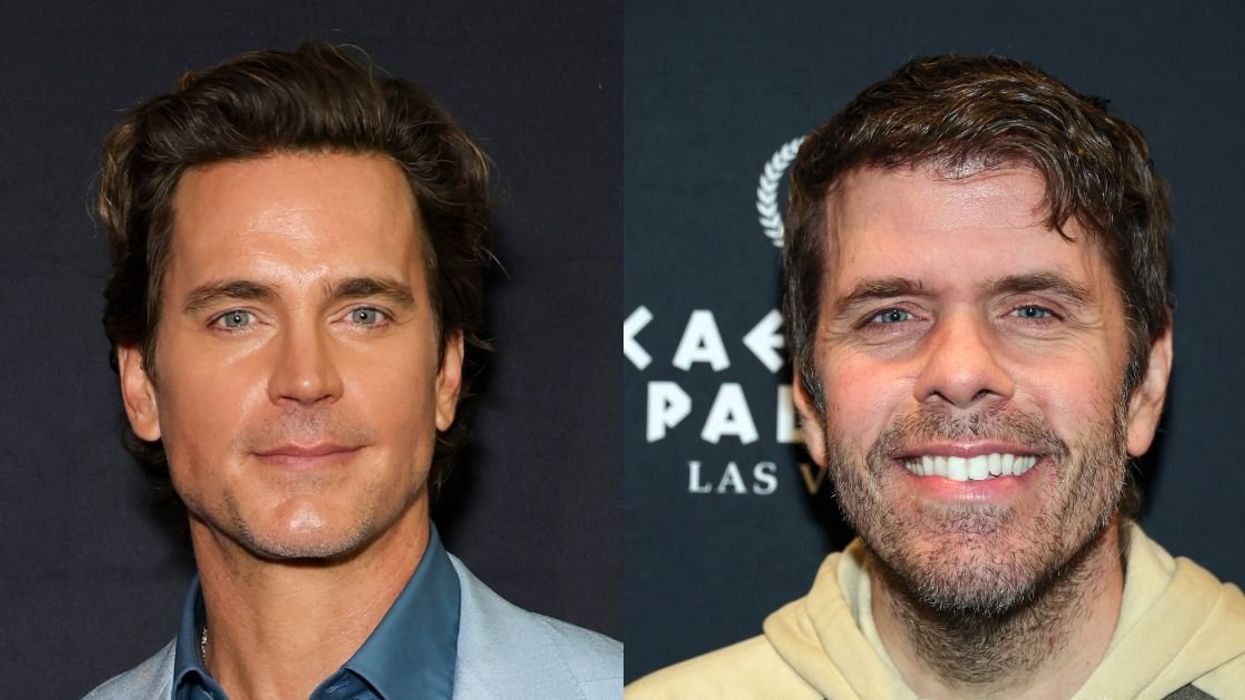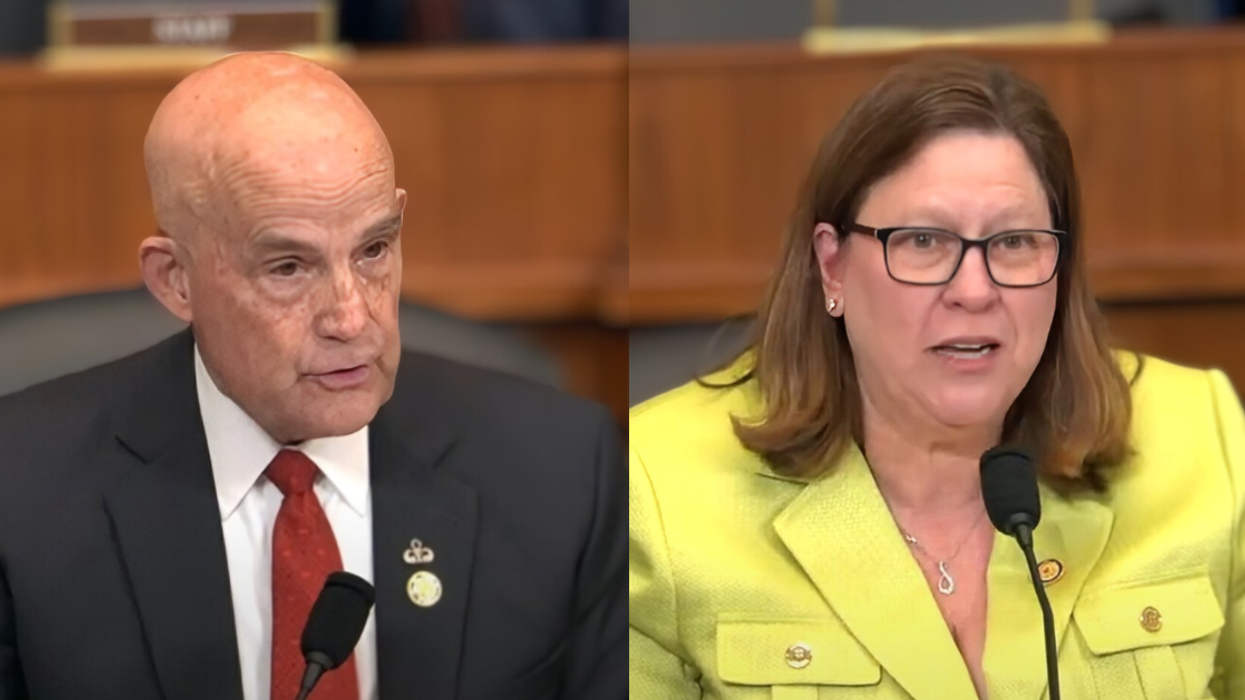Warning: this article deals with eating disorders.
TV star and pop singer Reneé Rapp opened up about the trauma she endured while performing in the Broadway production of the musical Mean Girls, based on the 2004 movie of the same name.
Rapp was 19 when she got her big break in 2019 on Broadway playing Regina George in the musical stage adaption, which opened on Broadway in April 2018.
At the time, she was struggling with an eating disorder.
In an interview with the Guardian, Rapp claimed that some people in the musical production "would say some vile f'king things to me about my body.”
The alleged bullying became so distressing that prior to the pandemic, her parents flew out to New York City to try and remove her from the Tony-nominated show out of concern for her mental health.
The show closed on March 11, 2020, due to COVID.
Rapp said that leaving Mean Girls was beneficial for her health.
Now that she transitioned her career into music, she said her parents were "more worried than they ever have been because they know more now.”
She explained:
“Eating disorders don’t just go away and like, you’re healed, like: ‘Sorry, I can eat again, ha ha!’ It’s a lifelong thing."
"There are battles with addiction and whatever everywhere."
"I still struggle with it, but at least my parents know that I’ve been taken out of environments that were really harmful to my sickness, which is awesome and a huge win."
"They worry like hell, but they’re chilling, I guess.”
Rapp said she channeled her negative experiences from Mean Girls into her music, particularly with her song, "Poison Poison” from her full-length 2020 album Snow Angel.
In the acoustic pop song, she sings:
“You’re the worst b*tch on earth."
"I hate you and your guts.”
In anticipating any criticism of the song, Rapp said:
“Some people could listen to it and say: ‘How the f'k could you write a song like this?"
"Why are you tearing down other women?’”
She maintained that the real issue was one of:
“Women tearing down women in front of men."
"Trust me, I have not been out-girlbossed.”
The 23-year-old artist said she had the problematic tendency of “really caring what people think, in a way that does not serve me."
Rapp often reminds herself of the following regarding the message in her music:
“I’m not making art to say this is my moral high ground and this is what I believe and agree with."
"I’m making art to be like, damn, this is what I’m feeling right now."
“That doesn’t mean I’m proud of those feelings, but they are what they are And that’s just art at the end of the day.”
Rapp was the winner of the 2018 Jimmy Award, which recognizes high school talent in musical theater, for Best Performance by an Actress.
She beat out 40 other contenders for the $10,000 scholarship.
When Broadway veteran Laura Benanti presented Rapp with the award, she reportedly said:
"I will never be as confident as that 18-year-old."
The New York Magazine, which covered the Jimmy Awards, claimed that the promising young actress "set the stage ablaze" with her winning performance, "prompting the stars of Mean Girls to collectively start sleeping with one eye open."
Since Mean Girls, Rapp has gone on to play Leighton in the HBO Max comedy series The Sex Lives of College Girls, created by Mindy Kaling and Justin Noble.
In November 2022, she released her debut EP Everything to Everyone, and her full-length studio album Snow Angel the following year.
She is currently reprising her role in the film adaptation of the stage musical.
After officially getting diagnosed with a mood disorder a year ago, she shared:
“Getting diagnosed made me feel–and this is a derogatory term, if you want to talk about mental health–like I wasn’t just stupid, like I felt for so long."
Rapp, who came out as bisexual and is romantically linked to TikTok star Alissa Carrington, said she is more open now than ever, partly due to her age and because she said she "suffered in silence for so many years."
“My generation and the generation that will follow mine is much more open–especially women, non-men, queer people."
"I do think I’ve been afforded more opportunities than women before me, men and queer women before me."
“This generation is still super mean to each other. But we are more outspoken–and give less of a f'k.”
If you or someone you know is struggling with an eating disorder, you can call ANAD for treatment referrals and for support and encouragement
Their toll-free number is 1(888)-375-7767.
















